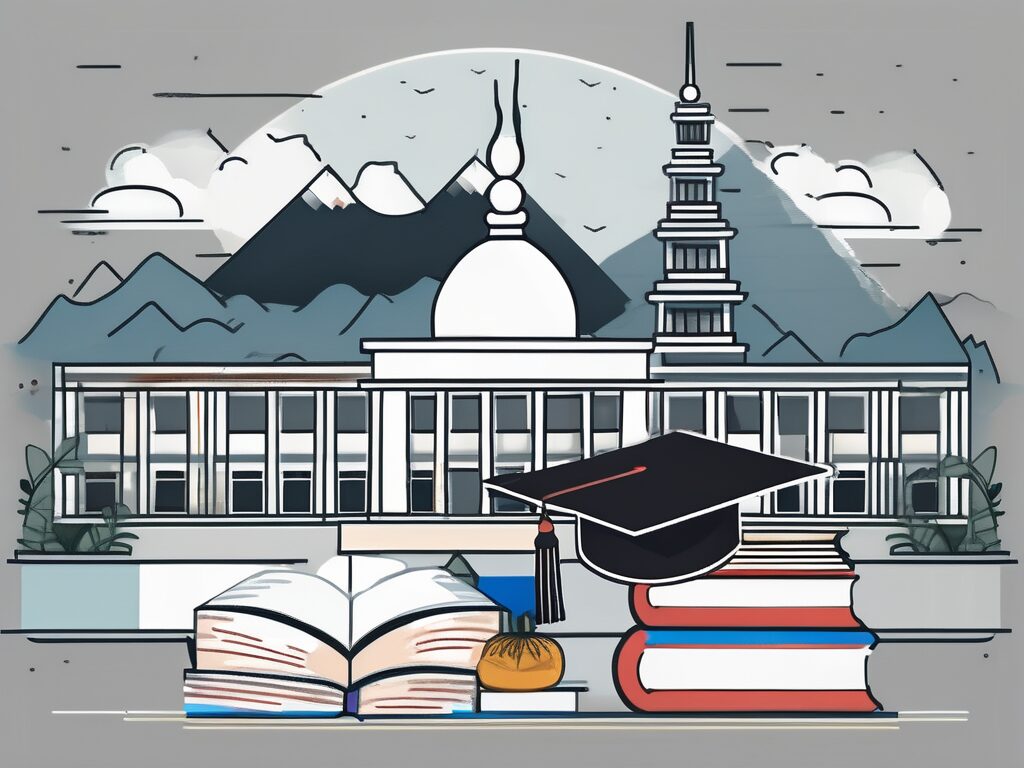The world of education is a complex and ever-evolving landscape, with unique challenges and opportunities in each country. In this context, Malaysia and the Philippines are two Southeast Asian countries with distinct educational systems and issues. For educators with a Master’s in Education, understanding these issues can be crucial in shaping effective teaching strategies and policies. This discussion will delve into five key points that encapsulate the teaching issues in Malaysia and the Philippines.
1. The State of Education in Malaysia
The Current Landscape
Malaysia’s education system is highly centralised, with the Ministry of Education (MOE) overseeing all aspects of education, from pre-school to tertiary levels. The country has made significant strides in improving access to education, with near-universal enrolment in primary education. However, there are still several challenges that need to be addressed.
Quality of Education
Despite the high enrolment rates, the quality of education in Malaysia has been a point of concern. According to the Programme for International Student Assessment (PISA), Malaysian students lag behind their international peers in areas like mathematics, reading, and science. This indicates a need for improved teaching methods and curriculum development, areas where a Master’s in Education can be particularly useful.
Equity in Education
Another issue in Malaysia’s education system is the disparity in educational outcomes between urban and rural areas, as well as between different ethnic groups. This highlights the need for policies and strategies that promote equity in education, ensuring that all students, regardless of their background, have access to quality education.
2. The State of Education in the Philippines
The Current Landscape
The Philippines’ education system is also centralised, with the Department of Education (DepEd) at the helm. The country has implemented the K-12 program, extending basic education from 10 to 12 years. However, like Malaysia, the Philippines faces its own set of educational challenges.
Quality of Education
While the K-12 program aims to enhance the quality of education, the Philippines still struggles with low learning outcomes. The World Bank’s World Development Report highlights that Filipino students perform poorly in reading, mathematics, and science. This calls for a re-evaluation of teaching methods and curriculum, areas where educators with a Master’s in Education can contribute significantly.
Equity in Education
Equity is also a major concern in the Philippines’ education system. There are significant disparities in educational outcomes between urban and rural areas, and between different socio-economic groups. This underscores the importance of inclusive education policies and practices, another area where a Master’s in Education can make a difference.
3. The Role of a Master’s in Education
Improving Teaching Methods
A Master’s in Education equips educators with advanced knowledge and skills in pedagogy, curriculum development, and educational leadership. This can be instrumental in improving teaching methods, thereby enhancing the quality of education in both Malaysia and the Philippines.
Addressing Equity Issues
With a Master’s in Education, educators can also play a crucial role in addressing equity issues. They can develop and implement inclusive education policies and practices, ensuring that all students, regardless of their background, have the opportunity to learn and succeed.
4. The Challenges for Educators
Adapting to Different Contexts
One of the main challenges for educators with a Master’s in Education is adapting to the unique contexts of Malaysia and the Philippines. Each country has its own cultural, socio-economic, and political factors that shape its education system, and educators need to navigate these complexities effectively.
Implementing Change
Another challenge is implementing change in a system that may be resistant to it. This requires not only technical knowledge and skills, but also the ability to lead and inspire others, qualities that a Master’s in Education can help cultivate.
5. The Opportunities for Educators
Shaping Education Policies
Despite the challenges, there are also numerous opportunities for educators with a Master’s in Education. They can play a key role in shaping education policies, contributing their expertise to improve the quality and equity of education in both Malaysia and the Philippines.
Leading Educational Innovation
With their advanced knowledge and skills, these educators can also lead educational innovation, introducing new teaching methods, technologies, and practices that can enhance learning outcomes. In this way, they can make a significant impact on the future of education in these two countries.
In conclusion, while there are distinct teaching issues in Malaysia and the Philippines, educators with a Master’s in Education are well-equipped to address these challenges and seize the opportunities that lie ahead. By improving teaching methods, promoting equity, and leading educational innovation, they can contribute to the advancement of education in these two Southeast Asian countries.
Advance Your Educational Impact with iQTS
As you navigate the unique challenges of teaching in Malaysia and the Philippines, The IQTS at UWE invites you to elevate your professional capabilities with our International Qualified Teacher Status (iQTS) Programme. Embrace the opportunity to enhance your teaching methods, connect with a global network of educators, and gain a deep understanding of international curricula. With the iQTS, you’re not just preparing for the demands of international education—you’re accelerating your career progression and opening doors to a 30% salary increase. Don’t let barriers hold you back. Make Your Next Step towards a transformative educational journey and join a community committed to excellence in teaching. Make Your Next Step and discover how the iQTS Programme can be the catalyst for your professional development.

